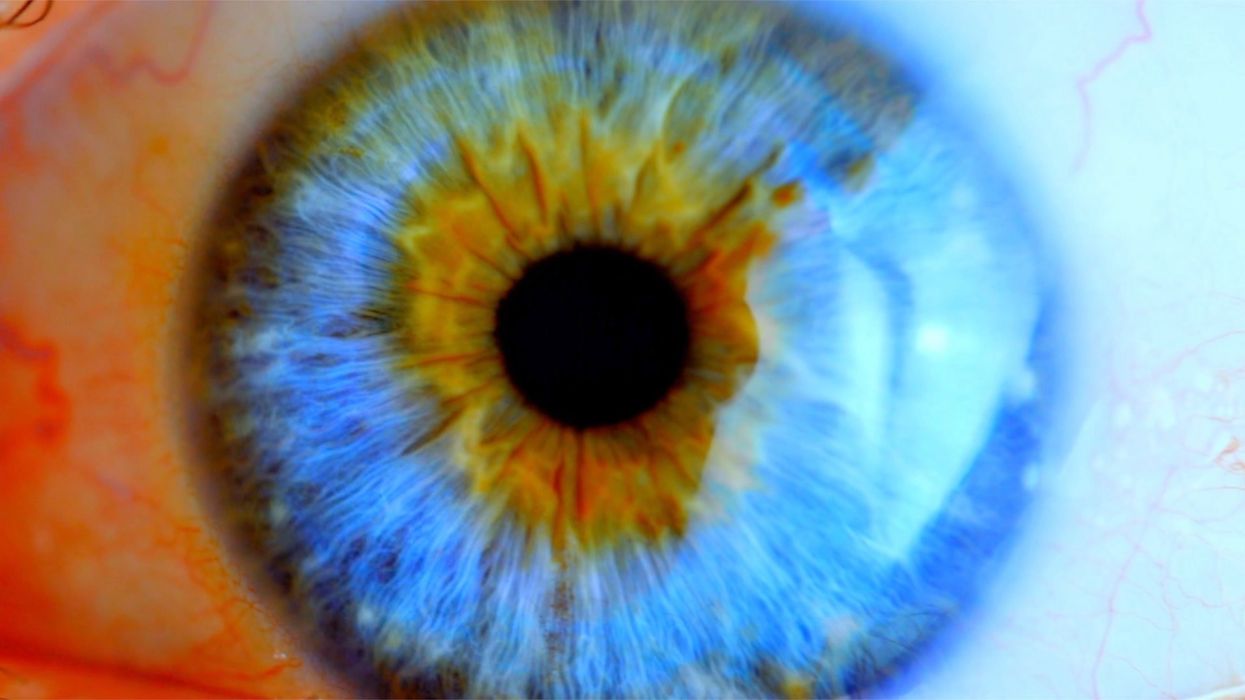Becca Monaghan
Mar 05, 2024
Scientists “Blown Away” By New Procedure That Gives Vision to Mice With …
ZMG - Veuer / VideoElephant
An eye surgeon has warned about a blindness epidemic due to a common habit that can have long-lasting effects.
Short-sightedness is already affecting 46 per cent of the UK population, but Dr Jorgensen of LEC London and CEO of 44 eye clinics worldwide, believes it's getting worse.
He owns eight clinics in China, where he has witnessed a significant growth of short-sightedness from 30 per cent of people to 95 per cent in various areas.
The doctor believes a similar outcome will soon impact the UK without a major shift in how people spend their leisurely time.
Dr Jorgenson first explained that because children are staying indoors more often, they lack sunlight exposure. This can affect dopamine levels and in hindsight have a knock-on effect on their eyesight in later life.
"Children are not going outside as much as previous generations have, everything they need is in front of them on their devices," he told the Daily Mail.
This therefore means they are "not getting natural sunlight" causing a "very noticeable rise in myopia."
"It is alarming and what we are seeing is an epidemic," he continued.
Dr Jorgenson then referenced screen time, explaining that having a screen a few inches from the face means the eyes blink less and overcompensate, which can lead to lengthening of the eyeball and damage to their focus.
Some serious cases of myopia can lead to macular degeneration, which can result in blindness.
"Serious short-sightedness also dramatically increases the chances of developing other serious conditions such as glaucoma and retinal detachment," he told the outlet.
"It's a very serious situation, we are seeing cases of high myopia 30 times more often and that triggers the four drivers of eye disease, cataracts, glaucoma, retinal detachment and AMD."
Optometrist Jason Higginbotham, behind the campaign Myopia Focus, added: "Due to changes in lifestyle, an increasing number of people are at a higher risk of developing sight-threatening conditions linked to myopia. This should no longer be considered a potential threat; it is very real.
"We want to put pressure on ministers to do something about it now. The younger therapy commences, the less likely that your child will be at risk of sight loss in the future. We need the government to act."
How to join the indy100's free WhatsApp channel
Sign up for our free Indy100 weekly newsletter
Have your say in our news democracy. Click the upvote icon at the top of the page to help raise this article through the indy100 rankings.
Top 100
The Conversation (0)














